Search
Summary
Loading AI-generated summary based on World History Encyclopedia articles ...
Answers are generated by Perplexity AI drawing on articles from World History Encyclopedia. Please remember that artificial intelligence can make mistakes. For more detailed information, please read the source articles
Search Results
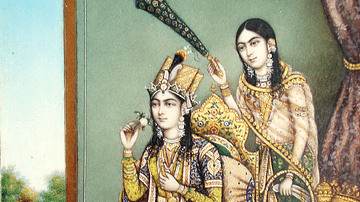
Article
Royal Women in the Mughal Empire
It was not only the Mughal emperors that left an indelible mark in the history of the Indian subcontinent but also the queens and princesses. The latter's contributions to art, architecture, literature, cuisine, refinement, and administrative...

Interview
Interview: Empire of the Black Sea by Duane Roller
Multiple Fulbright Award-winning Duane Roller joins us to talk about his new book, Empire of the Black Sea. The first thorough analysis in English of the dynasty as a whole, Empire of the Black Sea chronicles each ruler of the Mithridatic...

Article
Pilgrimage in the Byzantine Empire
Pilgrimage in the Byzantine Empire involved the Christian faithful travelling often huge distances to visit such holy sites as Jerusalem or to see in person relics of holy figures and miraculous icons on show from Thessaloniki to Antioch...
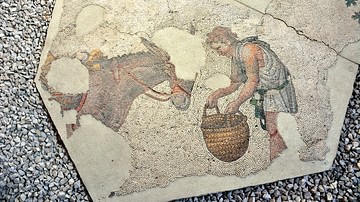
Article
Daily Life in the Byzantine Empire
Daily life in the Byzantine Empire, like almost everywhere else before or since, largely depended on one's birth and the social circumstances of one's parents. There were some opportunities for advancement based on education, the accumulation...
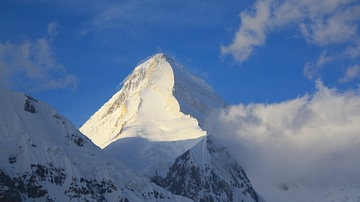
Article
Religion in the Mongol Empire
The Mongol Empire (1206-1368 CE) covered Asia from the Black Sea to the Korean peninsula and so naturally included all manner of religions within its borders, but the Mongols themselves had their own particular religious beliefs and rituals...
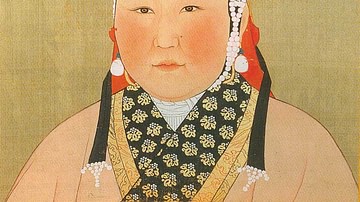
Article
Women in the Mongol Empire
Women in the Mongol Empire (1206-1368 CE) shared the daily chores and hardships of steppe life with men and were largely responsible for tending animals, setting up camps, childrearing, producing food and cooking it. Having rather more rights...
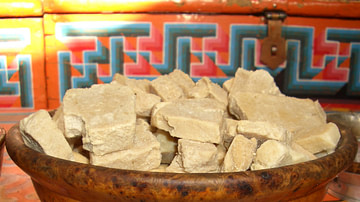
Article
Food & Drink in the Mongol Empire
The diet of the Mongols was greatly influenced by their nomadic way of life with dairy products and meat from their herds of sheep, goats, oxen, camels, and yaks dominating. Fruit, vegetables, herbs, and wild game were added thanks to foraging...
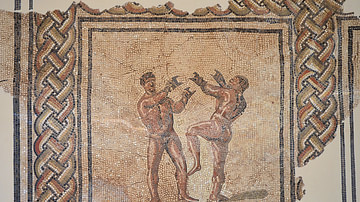
Article
Boxing in the Roman Empire
Boxing is one of the oldest sports in the world that is still practiced today. Included in the original athletic contests of the Olympic Games, pugilism or boxing was well known and loved by the ancient Greeks and Romans. The style used in...

Article
The Nerge: Hunting in the Mongol Empire
The peoples of the Mongol Empire (1206-1368 CE) were nomadic, and they relied on hunting wild game as a valuable source of protein. The Asian steppe is a desolate, windy, and often bitterly cold environment, but for those Mongols with sufficient...
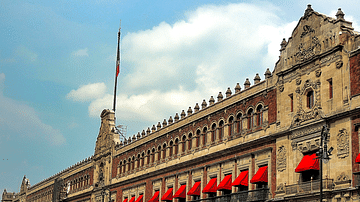
Article
Colonial Government in the Spanish Empire
The apparatus of colonial government in the Spanish Empire consisted of multiple levels, starting with the monarchy and Council of the Indies at the top and moving down to the viceroy, audiencias, mayors, and local councils. The system was...